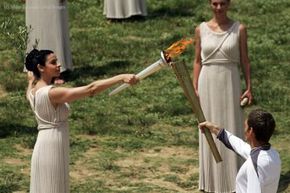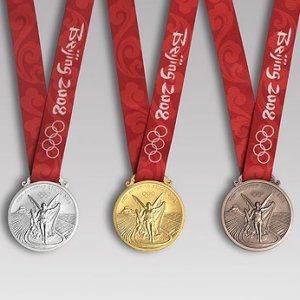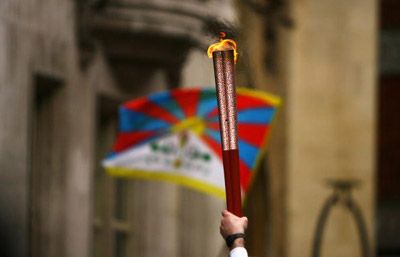On Oct. 2, 2009, the sands of Rio de Janeiro's famous beaches disappeared under a sea of green and yellow. With glitter in the air and thousands thronging the city, Brazilians heartily celebrated the International Olympic Committee's (IOC's) decision to award Rio the 2016 Summer Olympic Games. The city's competition in the three decision rounds included Madrid, Tokyo and Chicago, but the South American metropolis made the biggest splash with the IOC.
But how did the IOC arrive at its decision?
Advertisement
The ultimate ruling body for the Olympic Games is governed by an extensive charter. Search among the charter's many rules and bylaws (like we did), and you'll find some that specify how IOC members in those sessions determine which city will host a particular set of games (both the Olympics and the Paralympics).
Members of the IOC handle all sorts of matters at the committee's annual, regular sessions, like amending the charter to keep it current and electing new members and executive board members.
Step down a level and you'll encounter the National Olympic Committees. The NOCs, in turn, have a number of duties -- the pertinent one in this case being the decision of which city in their respective countries can apply to become a host city for the upcoming games.
The IOC executive board and its evaluation commission take these applications and comb through them during a process known as the candidate acceptance procedure. They announce the final candidate cities a month before a session.
The big choice always happens seven years before any given games (unless something radical occurs prompting an emergency reassignment, like Denver bailing on the 1976 Winter Olympics and Innsbruck, Austria, picking up the slack). The lucky winner then has time to build facilities, determine mascots, prepare the opening ceremony and deal with all the other tasks that need to occur to launch a successful Olympic and Paralympic Games.
Advertisement




